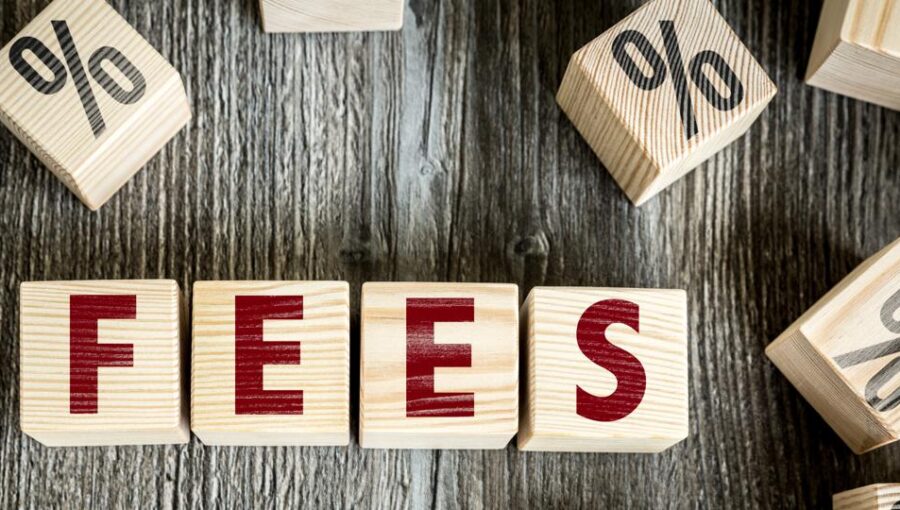There are many ways to reach financial success, and although it may not be obvious, having a checking account is one of them. Despite its ubiquity, with nearly everyone with a bank account possessing one, it is crucial for conducting transactions and managing your money. It also provides you with an easy way to access your money any time, anywhere.
However, most people don’t realize that their checking accounts come with fees, which vary depending on the institution. By understanding these fees, you’ll learn how to avoid them and keep your money intact. Here’s what you need to know:
- Monthly Fees
Monthly fees are the amount you must pay every month for having a checking account at a financial institution. If you have an account at a big bank, you’ll likely have this fee, which is around $10 to $12 a month. If you’d rather not pay this fee, you can ask your bank about the different conditions you can meet to do this, like maintaining a minimum balance in your account. Banks know that monthly fees aren’t very popular, which is why they’ve begun to call them maintenance fees, so you may want to look out for this charge in your account as well.
- Transaction Fees
These fees accompany some kinds of transactions, like sending money to a different bank. You’ll typically run into transaction fees when withdrawing cash at an ATM, where you’ll have to pay $2 or $3. Other kinds of transaction fees include international wire transfers and foreign check processing.
Banks are typically upfront about the transaction fees they charge, which means you don’t have to worry about any hidden costs that are secretly siphoning your money. Still, it’s crucial to read the description of all transaction fees a financial institution might charge you to ensure they aren’t slipping in any hidden costs.
- Overdraft and Nonsufficient Funds Fees
If you don’t have enough money in your checking account to complete a transaction, you’ll have to pay an overdraft fee when your bank has to cover the transaction for you. However, if your balance is below zero and your bank won’t complete the transaction for you, you’ll then be charged with a nonsufficient funds fee.
Both fees can be fairly expensive. According to the Consumers Financial Protection Bureau, the average overdraft fee is a whopping $34. If you accidentally overdraw your account without realizing it, you’ll get dinged with another overdraft fee when making another purchase. You’ll likely get hit with an extended overdraft fee if you don’t get your checking account to a positive balance after a specific time.
Financial institutions wouldn’t want their clients to spend money they don’t have, but these fees can quickly add up and cost you hundreds of dollars that you wouldn’t have since you overdrew your account. To avoid this scenario entirely, monitor your checking account and avoid purchases that push your account over the limit. It may also help to create a budget and stick to it.
Conclusion
A checking account will be one of the most practical bank accounts to have. However, to avoid getting hit with numerous fees, it’s essential to familiarize yourself with the costs a financial institution would charge for certain activities so that you can avoid them altogether. That way, you can avoid expensive penalties and keep your money safe. You can also opt to open a checking account at a not-for-profit organization like credit unions, which don’t charge these fees.
Good Neighbors Credit Union is a Buffalo credit union that serves a diverse membership, providing a high-quality, accessible, and stress-free banking alternative. Our checking account offers hassle-free services for your everyday transactions, removing the worry of having to pay typical checking account fees. Become a member by signing up today!

